What is the traditional day of the General Staff of the Vietnam People's Army?
What is the traditional day of the General Staff of the Vietnam People's Army?
Under Clause 2, Article 9 of Circular 99/2019/TT-BQP, the General Staff of the Vietnam People's Army directs its affiliated agencies to perform national defense tasks according to assigned functions and tasks with the following content:
- Participate in appraising projects, proposals, and socio-economic development plans linked with defense, and civil defense plans;
- Direct and guide the construction of defense disposition, the establishment, and operation of regional defense and defensive areas;
- Direct and guide the selection and call of citizens for military service and military enrollment; build and mobilize reserve forces, and mobilize industry; advise on the establishment and dissolution of national defense and security education centers within military schools;
- Develop content, programs, plans, training, practice exercises, inspections, and guidance, and urge the implementation of national defense work for ministries and central and local authorities;
On September 7, 1945, just over a week after the birth of the Democratic Republic of Vietnam, President Ho Chi Minh signed Decree No. 47 to establish the General Staff of the Vietnam National Army (now the Vietnam People's Army). This was an important strategic step, laying the foundation for organizing and directing military activities, ensuring the initiative in protecting the young independence.
Therefore, September 7, 1945, is recognized as the traditional day of the General Staff of the Vietnam People's Army.

What is the traditional day of the General Staff of the Vietnam People's Army? (Image from the Internet)
What are the characteristics of History at the upper secondary education level in Vietnam?
Under Section I of the General Education Program for History issued accompanying Circular 32/2018/TT-BGDDT which stipulates the characteristics of the History subject in high school as follows:
- History is a subject within the Social Sciences group, chosen based on career orientation at the upper secondary education level.
- The History subject has the mission to help students form and develop historical competencies, and components of scientific competency, while also contributing to forming and developing the key traits and general competencies identified in the overall program. The History subject plays a pivotal role in educating patriotism, national pride, and historical and cultural traditions, helping students understand and apply historical lessons to solve current real-life issues, developing vision, consolidating humanistic values, community spirit, tolerance, and compassion; contributing to forming and developing the traits of Vietnamese citizens and global citizens in the trend of development of the era.
- The History subject forms and develops for students historical thinking, systematic thinking, critical thinking, skills to exploit and use historical resources, understanding and presenting history in chronological and contemporary logic, and connecting the past with the present.
- The History subject helps students perceive the scientific and practical value of history in modern social life, understand and have a love for national and human history and culture; and contribute to guiding students in choosing careers such as social and human sciences research, diplomacy, administration, tourism activities, cultural industries, information and communication, etc.
- The History subject curriculum systematizes and consolidates comprehensive knowledge at the basic education stage while helping students delve deeper into core historical knowledge through topics and study modules on world history, Southeast Asian history, and Vietnamese history. The teaching methods of the History subject are based on fundamental principles of historical science and modern educational methods.
What learning outcomes are required when studying History at the upper secondary education level in Vietnam?
Under Section IV of the General Education Program for History issued accompanying Circular 32/2018/TT-BGDDT, the learning outcomes required when studying History at the upper secondary education level in Vietnam are specified as follows:
(1) Regarding essential traits and general capabilities
The History subject contributes to the formation and development of essential traits and general capabilities at levels appropriate to the subject and grade level as prescribed in the overall curriculum.
(2) Regarding specific competencies
The History curriculum helps students develop historical competency on the foundation of basic and advanced knowledge of world, regional, and Vietnamese history through a system of topics and specialized studies on political, economic, social, cultural, and civilization history. Historical competency comprises the following components: exploring history; recognizing and thinking historically; applying acquired knowledge and skills.
The specific expressions of historical competency are as follows:
- Exploring history includes:
+ Identifying types of historical documents; understanding content, exploiting, and utilizing historical documents in the learning process.
+ Re-enacting and presenting the processes of historical events, characters, and processes in both oral and written forms, from simple to complex; determining historical events in specific space and time.
- Recognizing and thinking historically:
+ Explaining the origin and dynamics of historical events from simple to complex; indicating the development process of history diachronically and synchronically; comparing similarities and differences between historical events, explaining causal relationships in the historical progression.
+ Providing personal comments, evaluations of historical events, characters, and processes based on historical recognition and thinking; understanding the continuity and change in history; thinking from different perspectives when considering, evaluating, or finding answers to historical events, characters, and processes.
- Applying acquired knowledge and skills:
Drawing lessons from history and applying historical knowledge to explain real-life issues; from this foundation, having the ability to explore historical issues independently, develop creative abilities, have the ability to access and process information from various sources, have consciousness and lifelong learning ability of history.
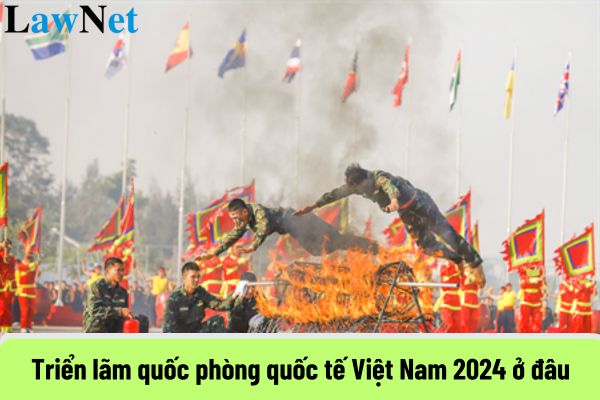

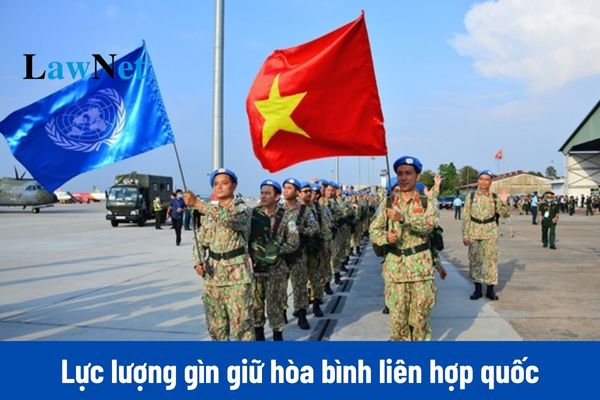

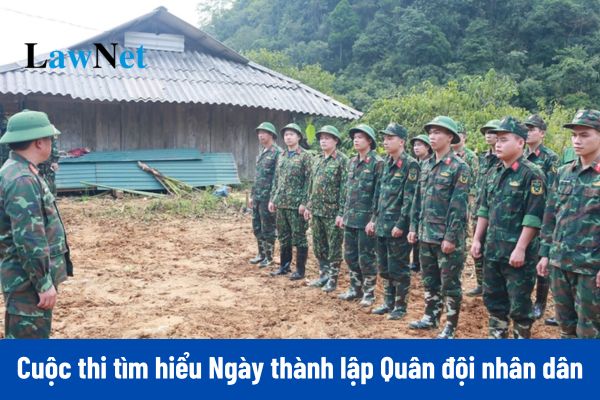
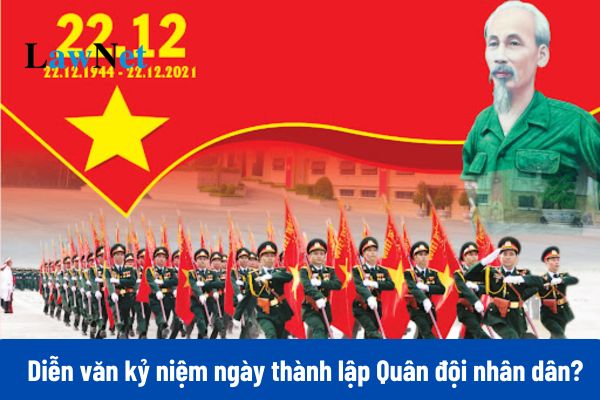
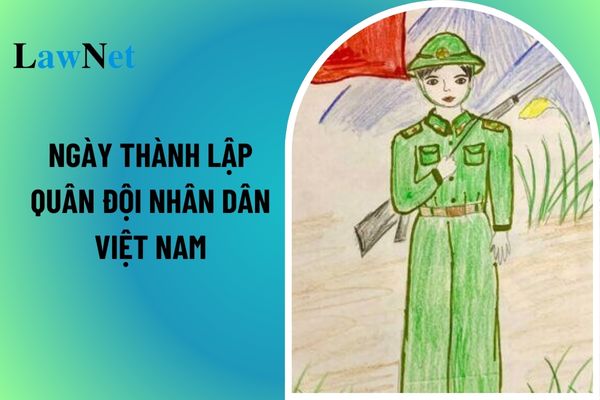
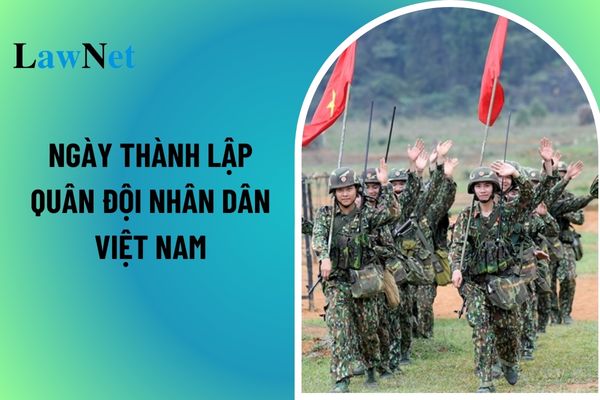
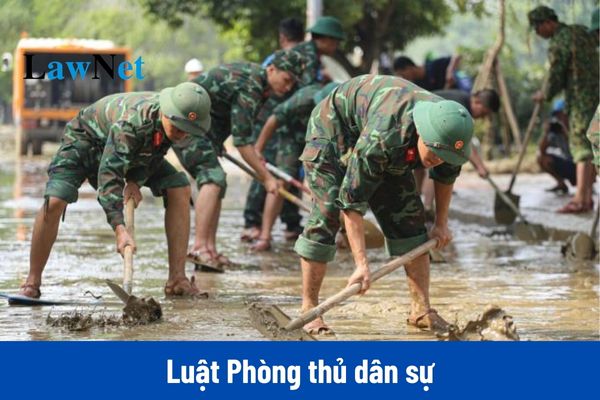
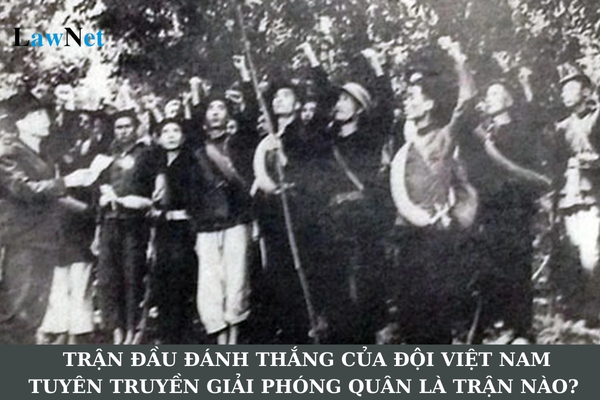
- What is the law on light reflection? What are details of the law on light reflection?
- What is the schedule of the AFF Cup 2024 (ASEAN Cup)? What are activities for physical education and sports in vocational education institutions in Vietnam?
- What is the schedule for the AFF Cup 2024 matches of the Vietnam National Team? Are students who are athletes in Vietnam eligible for a special exemption from high school graduation requirements?
- Vietnam: What are the guidelines for analysis of the poem "Tiến sĩ giấy"? What is the regulatory age of students entering lower secondary education?
- What is the location of Vietnam International Defense Exhibition 2024? Are students of all educational levels granted leave to visit the Vietnam International Defense Exhibition?
- What is the formula for calculating population density in Vietnam? What is the population density?
- Vietnam: What is the sample parent-teacher conference scenario at the end of the first semester of primary education? What are the regulations on the organization of parent committees?
- Vietnam: What is the sample outline for an essay on the analysis of the excerpt "The Last Leaf"? What are the assessment levels for learning results in the school year of 8th-grade students?
- What is the unit of power? When do students in Vietnam study the unit of power?
- What is the guidance for children to tell the story "Chuyện bốn mùa"? What is the age of students entering 2nd grade in Vietnam?

